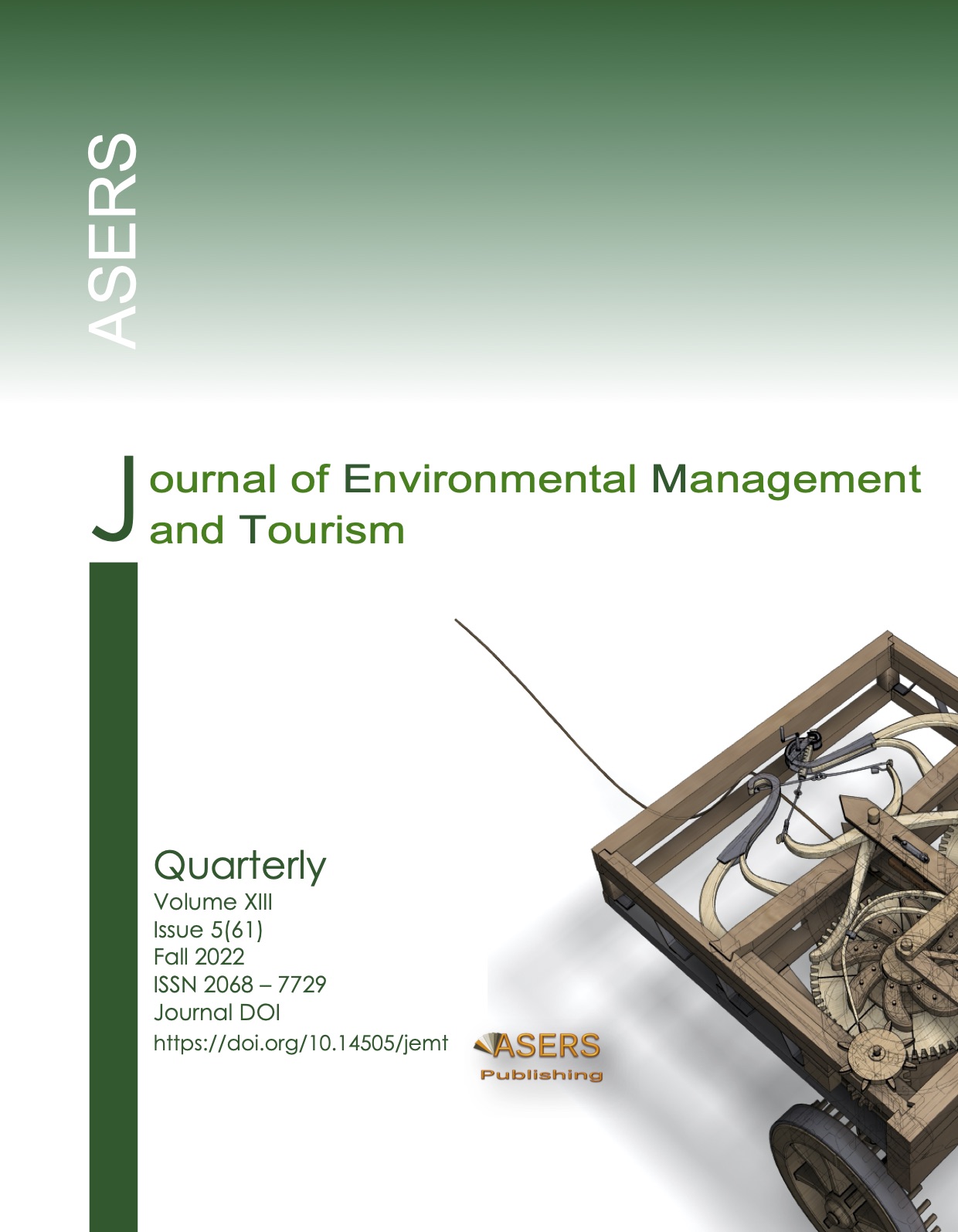Solid Waste Collection Service Satisfaction in Non-Service Area of Jigawa State, Nigeria
Solid Waste Collection Service Satisfaction in Non-Service Area of Jigawa State, Nigeria
Author(s): Mansur Aminu, Latifah Abd Manaf, Amir Hamzah Sharaai, Nazatul Syadia ZainordinSubject(s): Economy, Evaluation research, Health and medicine and law, Environmental interactions
Published by: ASERS Publishing
Keywords: residents; solid waste collection; satisfaction; non-residents; non-service area;
Summary/Abstract: The absence of a sound solid waste collection services poses a major challenge for the residents and local authority in Jigawa State. Providing solid waste collection services remain a distant hope, mainly because local authority could not provide the services to the region. Solid waste collection is concentrated only in the capital Dutse, where other local authority areas are without collection services, therefore, the risk of the region to uncontrolled waste disposal is high. The objective of the study is to examine the satisfaction with solid waste collection service in non-service areas of Jigawa State, Nigeria. Quantitative technique was used in data collection, and the questionnaire was designed based on a 5-Likert scale to study solid waste collection service satisfaction among the resident’s. The instrument was validated by 8 panel of experts selectively drawn from academia and local authority with the reliability of the instrument standing at 0.846, which is worthy enough for the instrument to be accepted.and simple random sampling method were used to select respondents. With population of 37,281 households, the recommended sample is 394 at a 95% confidence level. In addition, 10% of the calculated sample was added to round it up to 433 households selected for the study, where the multistage sampling technique was used to administer the questionnaires to the respondents. The data was analyze using SPSS (IBM 25 version), descriptive statistics with frequency and percentage, then illustrated and interpreted. The findings revealed that 283 (74%) of the respondents were satisfied with the level of household participation in solid waste collection, 248 (65%) of the respondents reported being satisfied with the cleanliness of the non-service area done by the non-residents. 231 (60%) were satisfied with collection frequency. On the other hand, 219 (57%) were not satisfied with the absence of waste collection service, a weak percentage 10 (3%) of the respondents were very not satisfied with the collection services by the non-residents. The study suggest that although solid waste collection services provided by the non-residents are somewhat acceptable, there is much room for improvement on the part of the local authority to enhance the system. Planning and policy implementation as well as institutional and legal framework is required for optimum integration of non-residents in to formal waste collection, this is very crucial to ensure efficient service delivery and satisfaction to non-service areas.
Journal: Journal of Environmental Management and Tourism (JEMT)
- Issue Year: XIII/2022
- Issue No: 5(61)
- Page Range: 1407-1415
- Page Count: 9
- Language: English
- Content File-PDF

